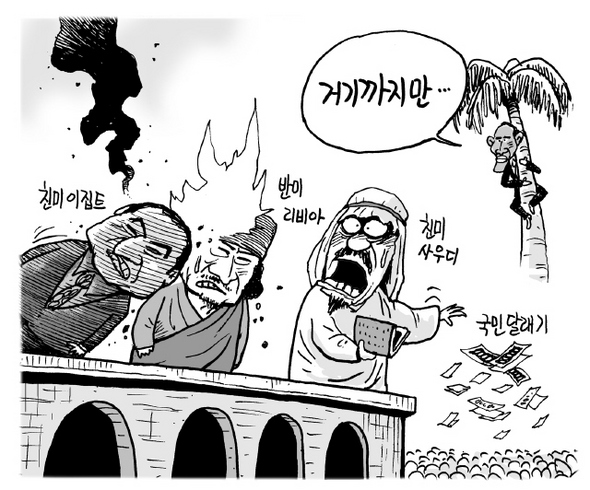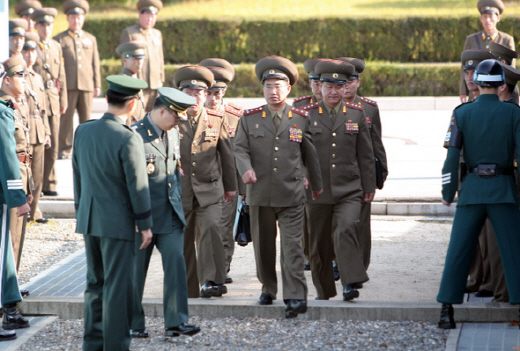NB Media Co-op: Independent Media BY and FOR New Brunswickers
Call for Support and Participation
Tired of one-sided media run by its advertisers? Opposed to corporate media consolidation? Don’t sit by -- participate in making the news!
The NB Media Co-op relies on participation from readers like you! A small group of people are currently keeping the NB Media Co-op going. We are seeking community supporters to actively involve themselves in the organization. Please consider committing your time to ensure the sustainability of independent media in New Brunswick’s public interest.
• Gain valuable experience working for a non-profit progressive media organization
• Develop your research, writing, editing and journalistic skills
• Join a collective of folks concerned about social justice and marginalized voices in NB
• Participate in changing the media landscape
• Help build a lively democracy in New Brunswick
There are many ways to get involved!
Distribute The Brief! We would like to increase distribution of The Brief, our monthly broadsheet publication that can be found ‘for free’ in coffee shops, libraries and doctors’ offices around the province. Please contact us at info@nbmediacoop.org if you can distribute copies or have suggestion of a location to place The Brief.
Join our Organizing / Story Meetings! Meetings are currently held in Fredericton, but it’s easy to attend from a distance by phone or Skype. What stories, events, people, and issues are not being covered in New Brunswick? What struggles and voices are being marginalized in the corporate press? Bring your grassroots story ideas! Email info@nbmediacoop.org for more information.
Volunteer editing, copy editing, and fact-checking! Are you a style and grammar geek? Obsessive about getting the facts right? Passionate about editing, writing and the news? Do you have experience working on an editorial collective? We need your help! Email editors@nbmediacoop.org to get involved.
Write for the NB Media Co-op! We are always seeking submissions in French and English (news, opinion pieces, letters to the editor, event listings, reviews, photography, audio and video media). Whether you are an experienced writer or not, we encourage you to make a contribution today! Submit your article at editors@nbmediacoop.org. Contributor guidelines are available on our website.
Become a sustaining member! We depend on individuals like you to provide us with the financial support we need to maintain an independent media voice in New Brunswick. Donations would allow us to continue to publish The Brief (our primary expense). We would also like to pay for certain written contributions, and hire a staff person / editor. Already a sustaining member? Ask your family, friends, and local organizations to consider joining the N.B. Media Co-op. Please make all checks payable to NB Media Co-op, and mail to: 180 St. John St., Fredericton, NB E3B 4A9
--
NB Media Co-op
180 St. John St.,
Fredericton, NB
E3B 4A9
Email: info@nbmediacoop.org
Web: www.nbmediacoop.org




















